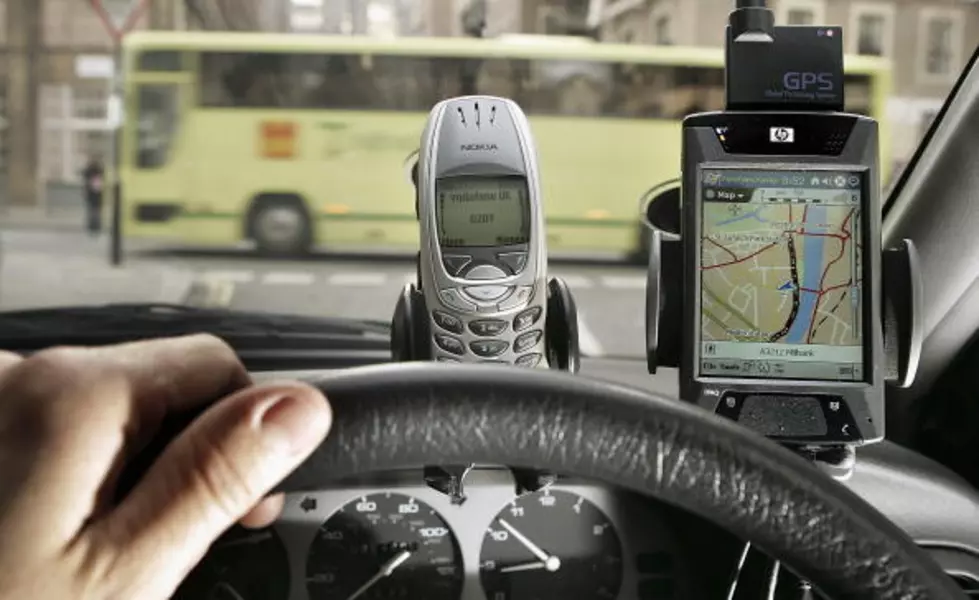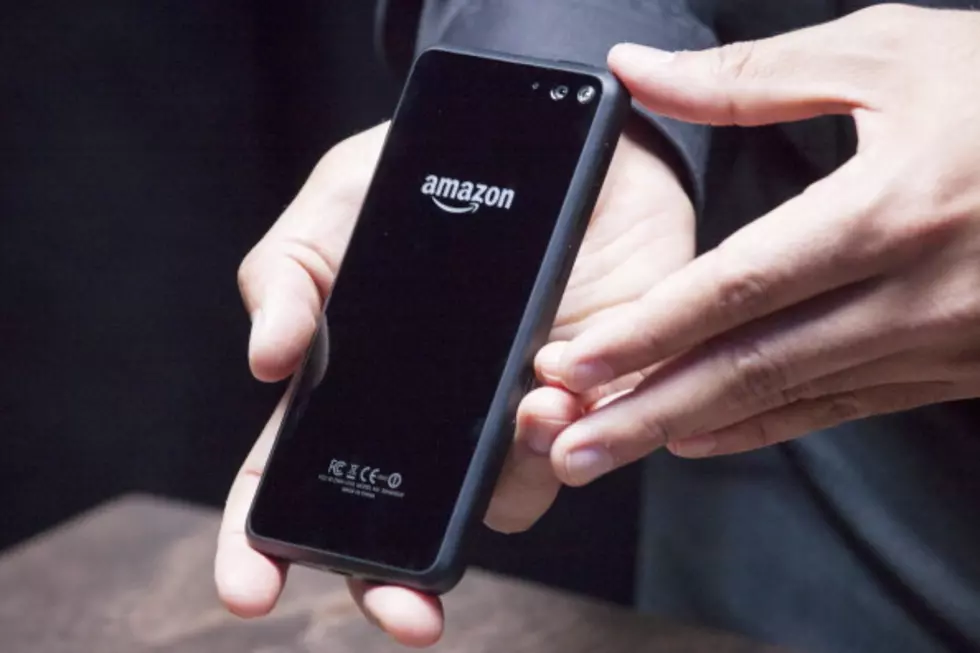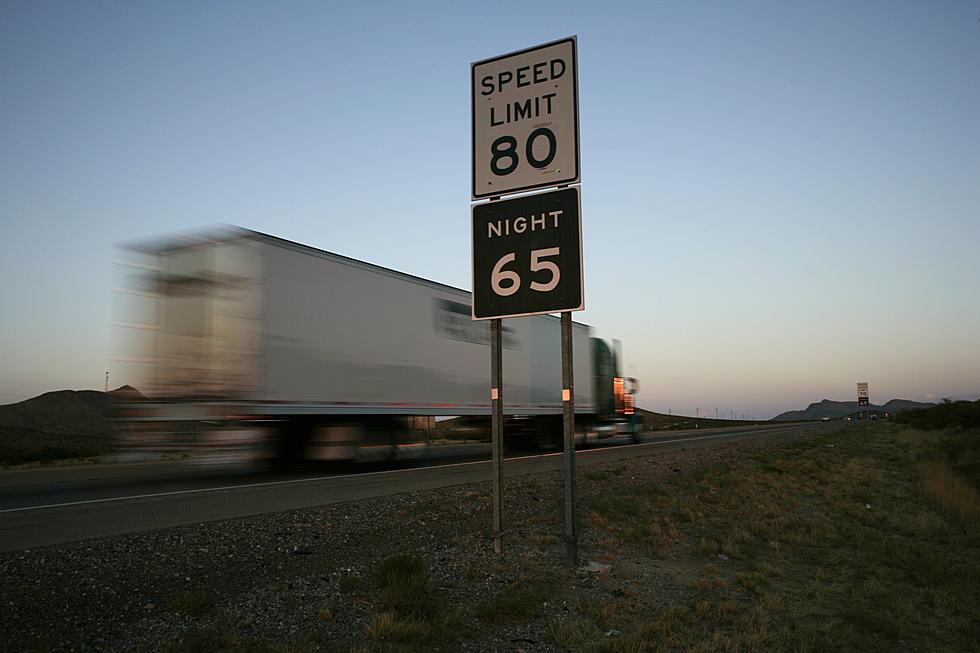
Geek Girl Report: Where Are We Going With GPS – Stand-Alone Devices Vs. GPS Apps
Back when I was a much littler Geek Girl, I remember family road trips being a huge ordeal. Hours were spent pouring over U.S. road maps, both on the night before the trip and in the car en route, trying to determine the best route in the fastest time. And more often than not, we were so focused on reading the maps that we ended up missing the turn we needed completely.
Now road trips, and life in general, have gotten so much easier with GPS. And now with nearly everyone having smartphones, you can get GPS right on your phone with no need to purchase a separate GPS device. Which begs the question: which one is better, a GPS app on your smartphone, or a stand-alone GPS device?
GPS Apps vs. Stand-Alone Devices
With so many navigational apps available for smartphone users and with many newer cars coming out with built-in GPS functions, it's easy to say that stand-alone GPS devices are outdated. After all, GPS apps make it much easier to connect with points of interest, like restaurants, tourist attractions, hotels, and so forth, and it's far cheaper (sometimes) that buying a $100 device that just serves a single purpose. And unlike some bulkier GPS devices, you can take a GPS app anywhere. It's not just limited to your car, you can use it in your friend's car, your spouse's car, a rental car, pretty much anywhere you can get a signal.
But there are some cons to using your smartphone in place of a GPS device. For starters, it's much harder to use your phone as...well, a phone, if you use it solely as a GPS. Now, I'm not advocating texting while driving or anything like that, but suppose you get an emergency call or you need to use a different app for some reason. It can be pretty dangerous fiddling with your phone when you're barreling down the highway at 75 miles per hour. And not to mention the strain that these apps can put on not only your phone's battery life, but your data plan as well, especially if you're roaming. You'll also need a way to mount your phone to your dashboard so you can keep an eye on it without fiddling with it too much, unless you plan on relying solely on voice navigation which, let's face it, isn't always reliable.
So which is better - GPS apps or a stand-alone device? Well, that really depends on your preference. But no matter which side you pick, I have some suggestions for the best devices, or apps, for you to check out:
GPS Apps
First of all, regardless of whether you have an iPhone or Android phone, you need to have Google Maps on your phone. I cannot begin to tell you how useful this app is as a GPS device, particularly for a free app. MapQuest is another useful traveling app, especially if you're a more social traveler. MapQuest allows to to instantly send direction to friends, and it's network of users can report traffic jams, new construction, and other features to help improve the map system in real-time. For the more serious traveler, Navigon is a super-smooth, full-featured and fantastic app that's on par with many stand-alone devices. However, it's $50 price tag may turn off some more price-conscious users.
Stand-alone GPS Devices
For stand-alone devices, your best bets are going to be Garmin and Magellan. The Garmin Nuvi series is a solid series of devices, with many models offering free lifetime map updates and traffic avoidance, and BlueTooth capability on a number of models allows you to make hands-free calls without interrupting your GPS. The Magellan RoadMate series is another good option. Most models feature a 7" screen, as opposed to the smaller 5" screens on the Nuvi, and offer traffic camera alerts, landmark guidance, and a number of other incredibly useful features.
More From News/Talk 95.1 & 790 KFYO





![The Geek Girl Report: Sci-fi, Shooters, Space Adventures And…Squids? A Look Back At E3 2014 [Part 1]](http://townsquare.media/site/192/files/2014/06/450394550.jpg?w=980&q=75)



